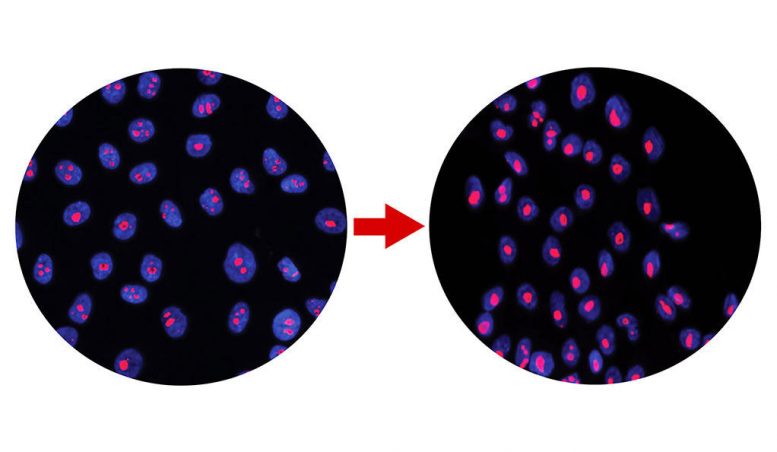
Yale lab discovered proteins that can reduce the number of nucleolus, which make the cell’s protein factories. The findings has implications for cancer research. Credit: Baserga Lab
Human cancers often have a little recognized ally — the increased size and number of a cell’s organelles called the nucleolus. The nucleolus is where ribosomes, the cellular protein factories, are made. Ribosomes can also be hijacked by cancer to produce proteins that fuel its growth.
A team of Yale University researchers have discovered a sort of master switching network of proteins crucial to sustain cell growth. The team — led by Susan Baserga and her graduate students Katie Farley-Barnes and Kat McCann in the Department of Molecular Biophysics & Biochemistry — screened for proteins crucial to the formation of nucleoli.
At the Yale Center for Molecular Discovery at the West Campus, they screened 18,000 proteins and found 139 that represent a myriad of cellular pathways that had unexpected control over the production of ribosomes. Not only does this new approach reveal original insights into how the making of ribosomes drives cancer, but also links the making of ribosomes to human birth defects called ribosomopathies that can result in anemia and abnormal facial features. The research was published February 13 in the journal Cell Reports.
Reference: Katherine I. Farley-Barnes, et al., “Diverse Regulators of Human Ribosome Biogenesis Discovered by Changes in Nucleolar Number” by Katherine I. Farley-Barnes, Kathleen L. McCann, Lisa M. Ogawa, Janie Merkel, Yulia V. Surovtseva and Susan J. Baserga, 13 January 2018, Cell Reports.
DOI: 10.1016/j.celrep.2018.01.056

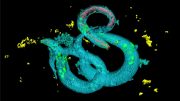
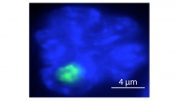


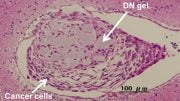
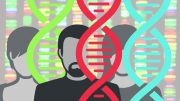
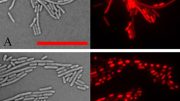

Be the first to comment on "Biochemists Reveal Secrets of a Little-Known Cancer Ally"